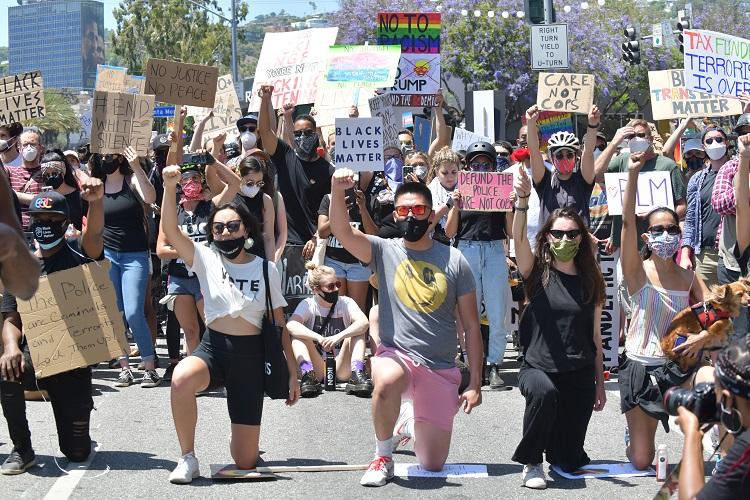Commentary
The reason politics is so envenomed right now—so anxious, so cruel, so all-consuming—is that it’s not really about politics. It’s about religion.

The reason politics is so envenomed right now—so anxious, so cruel, so all-consuming—is that it’s not really about politics. It’s about religion.